- Tsaone Segaetsho
Renowned diamond analyst James Allan has described Anglo American’s acquisition of De Beers as one of the “lowlights” in the diamond industry, arguing that the mining giant’s focus was limited to extracting dividends rather than building long-term value.
Allan made the remarks during his keynote address at the recently concluded Africa Mining Summit in Gaborone, where he posed the provocative question: “A good time to buy a diamond company?”
“Anglo American treated De Beers as a milk cow as it was only interested in dividends,” Allan asserted. “Anglo didn’t invest in marketing—from 200 million per annum to 100 million in 2014. [It] has managed De Beers with all the finesse of a toddler with a hammer,” he said, quoting Ghaleb Chachalia’s Business Day commentary of 13 October 2025.
In a presentation that drew the attention of delegates and policymakers from across the continent, Allan dissected what he views as a series of strategic missteps by De Beers since its privatisation in 2001—a deal valued at USD 8.3 billion.
“Privatisation took away the spotlight from De Beers. And there was no critical analysis by analysts and shareholders,” he observed.
Allan further noted that the Oppenheimer family’s decision to sell its stake to Anglo in 2012 placed an inferred valuation of around USD 13 billion on the company. “The Oppenheimers understood the diamond business—its marketing and the management of relationships,” he said. While referencing Chachalia’s view that the family had treated De Beers as a “family trinket,” Allan firmly disagreed, praising their stewardship instead.
Reflecting on De Beers’ leadership since the tenure of Gary Ralfe over two decades ago, Allan contrasted the varying strengths and shortcomings of subsequent chief executives. He singled out Gareth Penny, who led the company from 2006 to 2010 after 22 years of service, for his “incredible job” in shifting De Beers from supply-side management to demand-driven strategies in 1999.
However, Allan was equally unsparing in his critique of Bruce Cleaver, who headed the company between 2016 and 2023, accusing him of a “huge mistake” in launching Lightbox, De Beers’ synthetic diamond brand. “When someone sits down to eat your lunch, don’t give them credibility,” Allan said, arguing that Lightbox legitimised the synthetic diamond market and weakened the appeal of natural stones.
Allan voiced strong support for Gareth Penny’s reported bid to acquire De Beers, following news that both Penny and Cleaver had expressed interest in buying the company. Anglo American, which announced in August that it preferred a buyer with deep industry experience, is in the process of divesting its ownership.
“Anglo should sell to Penny, given his past achievements and experience,” Allan said. “The future of De Beers—and indeed of the entire diamond industry, would be revitalised if someone like him took control.”
Allan argued that this is an opportune moment to invest in a diamond company but emphasised that De Beers must reclaim its leadership position through renewed marketing of natural diamonds. “The problem in the industry is not a supply problem—it is a demand problem,” he warned.
He dismissed suggestions that De Beers should be acquired by the governments of Botswana, Angola or any African consortium, stating bluntly: “It is quite frankly that governments cannot run a diamond industry and a marketing company that is reliant on marketing to drive the market, and they also cannot come with money to buy it.”
Allan, who led minority shareholders during De Beers’ 2001 delisting bid and secured an additional USD 2 per share when Anglo and the Oppenheimers restructured their offer, is currently the founder of Sable Metals and Minerals and James Allan Associates. The restructuring of that transaction paved the way for the Government of Botswana to acquire a 15 per cent stake in De Beers.










